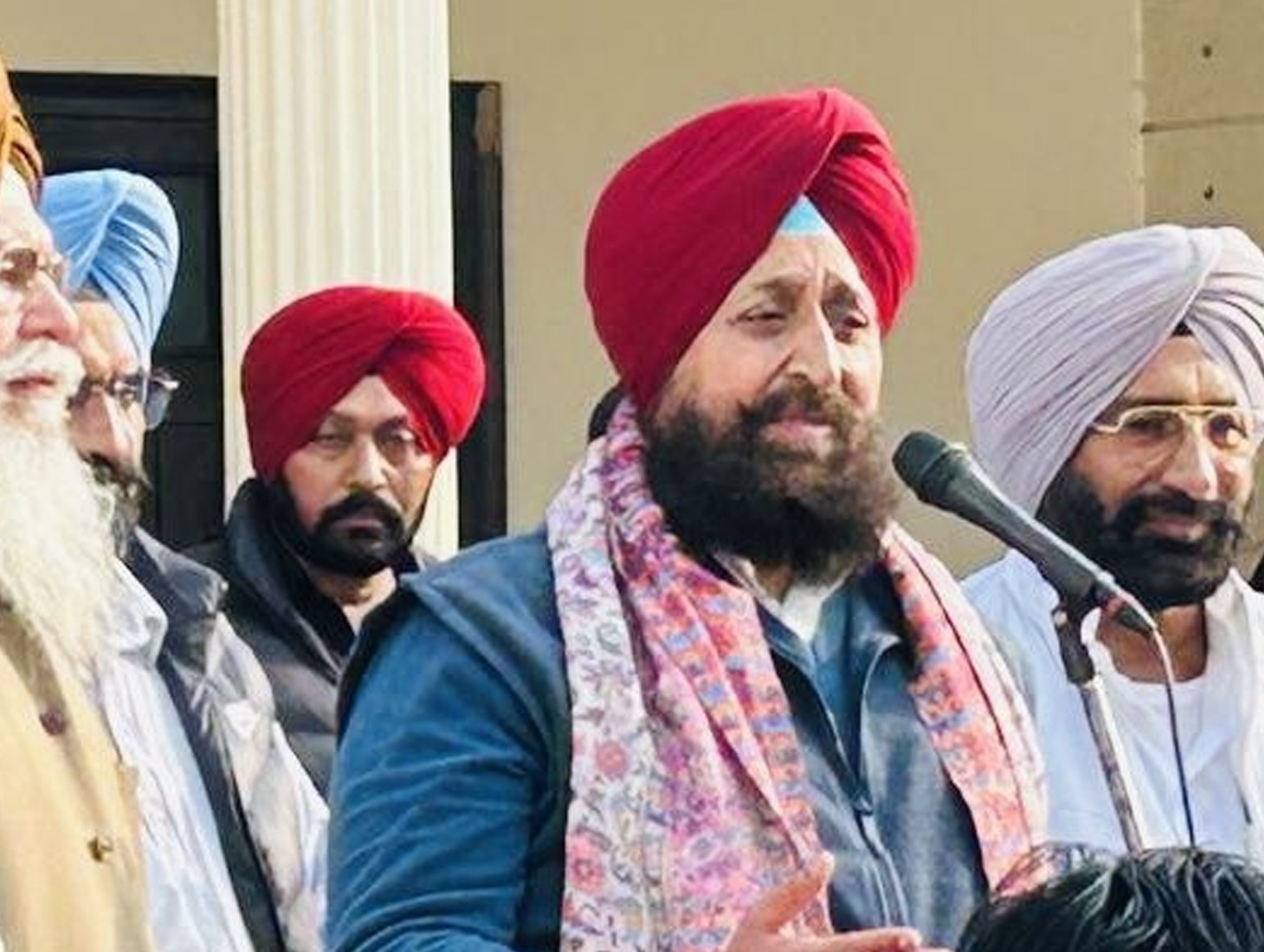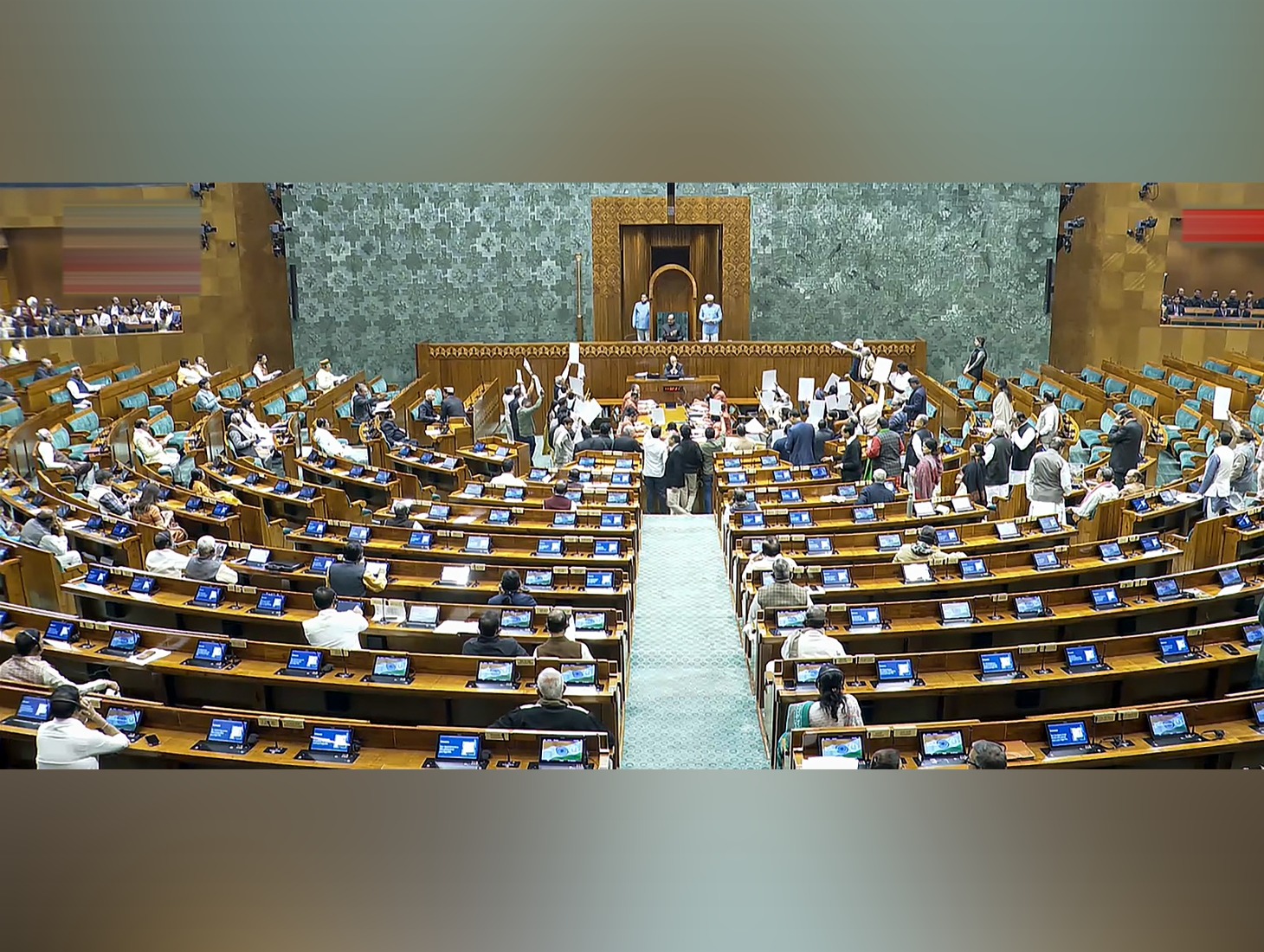The North News
New Delhi, April 17
The Central Consumer Protection Authority (CCPA) has issued fresh warnings to coaching institutes over deceptive advertising practices, following the announcement of results for competitive exams like IIT-JEE and NEET. The CCPA has reminded coaching centres that they must comply with the Consumer Protection Act, 2019, and the newly introduced Guidelines for the Prevention of Misleading Advertisements in the Coaching Sector, 2024, which were issued last November.
The guidelines prohibit educational institutions from making exaggerated or misleading claims, including guaranteed admissions or ranks in competitive exams. They also require advertisements to disclose key details such as the student’s name, rank, course type, and whether the course was paid. Disclaimers must be as prominent as any other detail in the ad.
The advisory comes after the CCPA observed repeated violations across the sector. In several instances, centres promoted guaranteed selection, assured ranks, or failed to refund fees after cancellation of admission. Such claims, the authority noted, not only violate consumer rights but also breach Sections 2(28) and 2(47) of the Consumer Protection Act, which prohibit misleading advertisements and unfair trade practices.
“Institutions must ensure their advertising is transparent, accurate, and does not mislead students or parents,” a CCPA spokesperson said. “Promising success in highly competitive exams is unethical and often exploitative.”
Over the past three years, the CCPA has intensified its scrutiny of the coaching industry. It has issued 49 notices, penalised 24 coaching centres, and imposed fines totalling ₹77.60 lakh. The erring institutes were also directed to withdraw misleading advertisements and cease unfair practices.
These enforcement actions have targeted coaching providers across sectors—including UPSC CSE, IIT-JEE, NEET, RBI, and NABARD—highlighting systemic issues in how the industry promotes itself to aspirants and their families.
The 2024 guidelines aim to improve accountability and offer students greater protection from commercial exploitation. The CCPA believes stricter oversight is critical to ensure that young learners are not deceived by overpromises or drawn into financially exploitative arrangements.
















